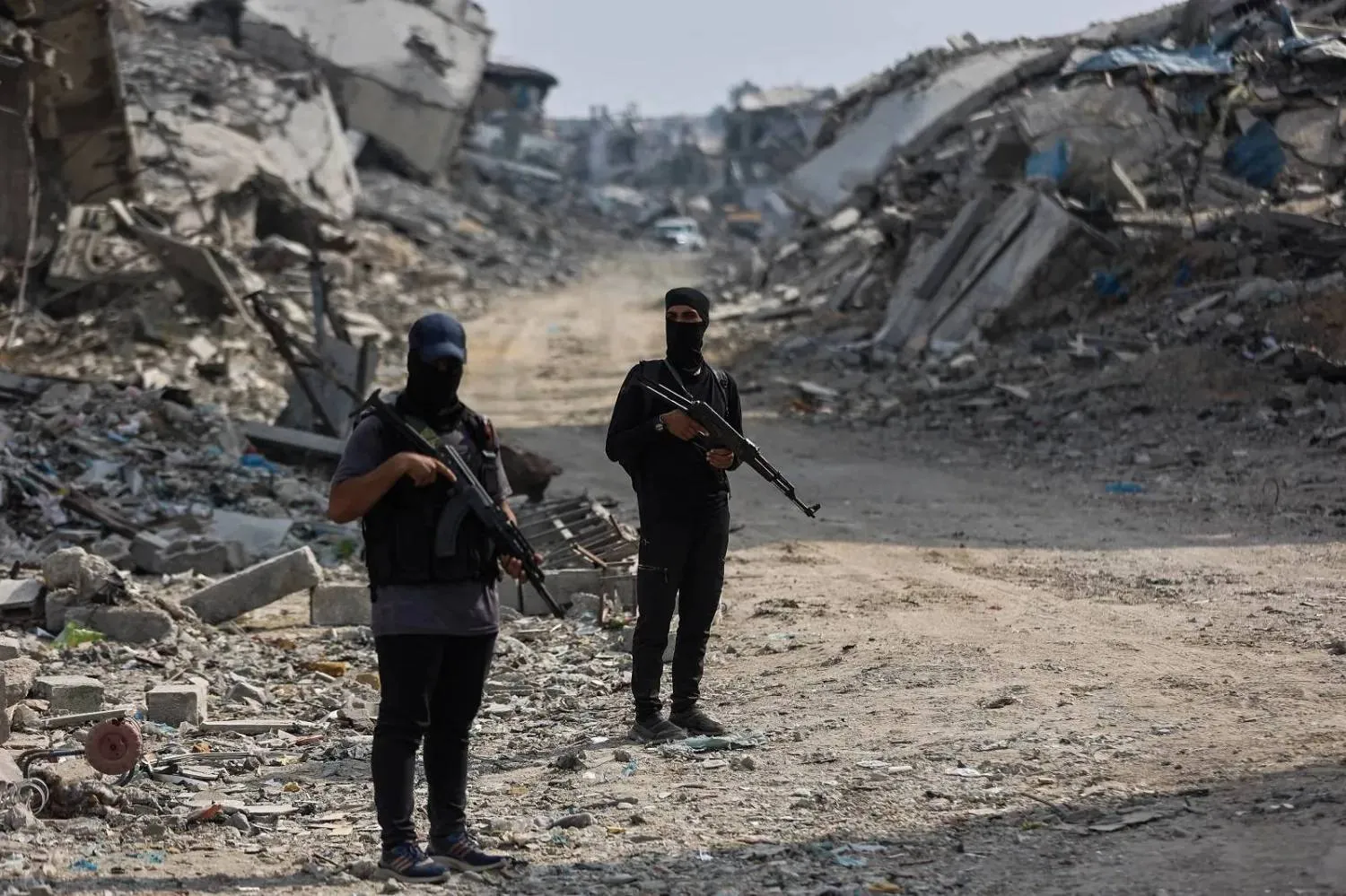Former Iraqi Prime Minister Haidar al-Abadi's remarks about the fight against the ISIS terrorist group have stirred controversy in the country and sparked a Sunni-Shiite debate.
Abadi, who was in office from 2014 to 2018 at the peak of the fight against the group, described Iraq as being ruled by gangs. He explained that the political agreement that led to the formation of the current government, headed by Mohammed Shia al-Sudani, included a request against criminalizing belonging to ISIS.
In televised remarks, he revealed that he and head of the Badr organization Hadi al-Ameri had refused to sign the agreement.
At the same time, however, Abadi defended the militias, who had come under attack by MP Haybat al-Halbousi. Abadi said Halbousi was criticizing the “militias that made him return home after the fight against ISIS.”
Initially, Shiite forces of the pro-Iran Coordination Framework criticized Abadi’s statements, saying he was seeking political gains ahead of local elections that will be held towards the end of the year.
Halbousi, of the Progress Party of parliament Speaker Mohammed al-Halbousi, slammed Abadi, saying he was never fit to serve as prime minister.
“Everyone recalls what the residents of these provinces had to endure after the security forces withdrew from them and ISIS seized full control,” he said in televised remarks.
People who wanted to escape from living under ISIS suffered after all exits from the mainly Sunni provinces were shut. This led to the kidnapping and the disappearance of thousands of civilians in those regions, he said.
Given his position as PM, Abadi was supposed to be held to account for these developments and the “sheer number of victims,” he went on to say.
After first denouncing the former PM, the Coordination Framework came to Abadi’s defense, questioning and rejecting Halbousi’s statements and saying it reserves the right to take legal action to “put an end to such petty lies.”
Abadi’s Nasr Coalition also said it reserves the right to take legal action against the lawmaker.
Meanwhile, the Progress Party parliamentary bloc slammed the former PM over his contentious statements.
“At a time when we are seeking to bolster security and stability in our country, strengthen unity among its people and shun all forms of extremism that is alien to our society, along returns such lamentable and shameful political rhetoric from figures who have adopted hate speech and resorted to harmful media statements,” it said.
It expressed its “categorical rejection” of Abadi’s remarks, adding: “We have not and will not forget all the dangerous crimes and human rights violations that took place during the operations to liberate regions from ISIS.”
It said: “Thousands of innocent people had gone missing or were arrested during the operations for committing no other crime than being held prisoner by terrorist groups” and for Baghdad turning them away when they sought safety.
It stressed that the “Iraqis remember the dark days in the liberated provinces.”
It recalled the images of displaced men, women and children amassing on the Bzaibiz bridge after Abadi issued orders to prevent their entry into Baghdad.
“The memory is full of other images and crimes, such as those committed in al-Razzaza, Baiji, al-Saqlawiyah, Samarra, Diyala, Salaheddine, Nineveh, al-Anbar, Kirkuk and Jurf al-Sakhir,” it continued.
It called on Abadi to cease making such divisive statements and to cease making claims against innocents, both dead or alive.









